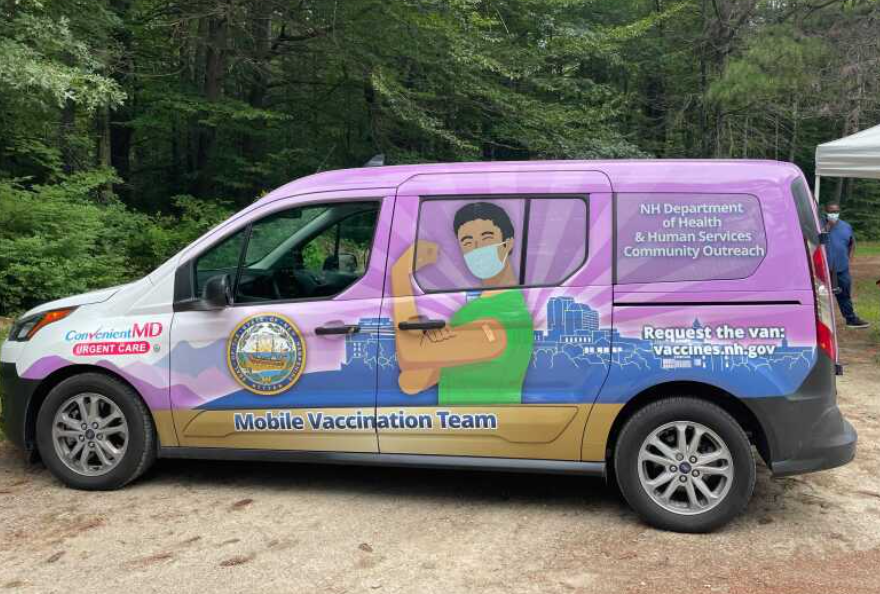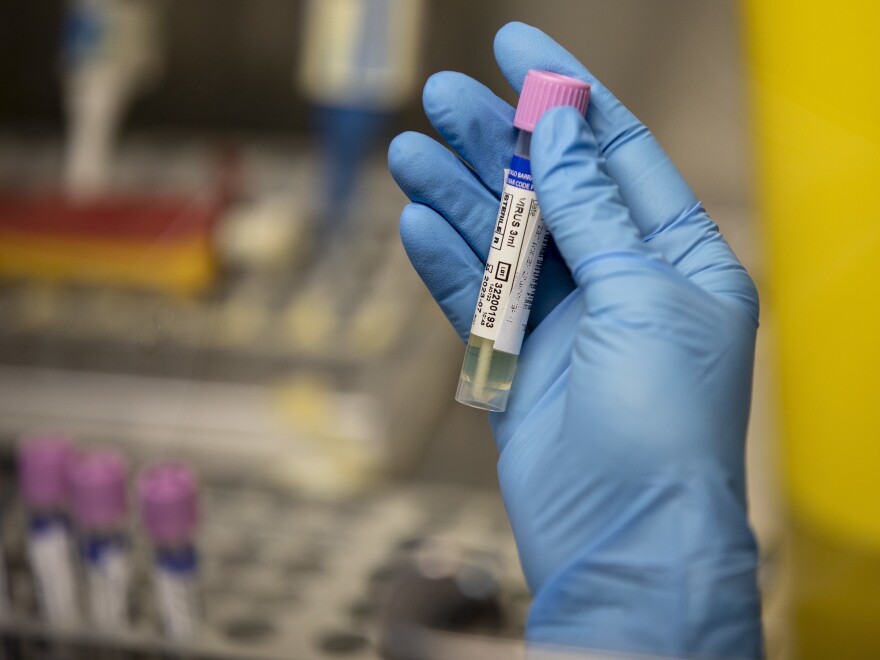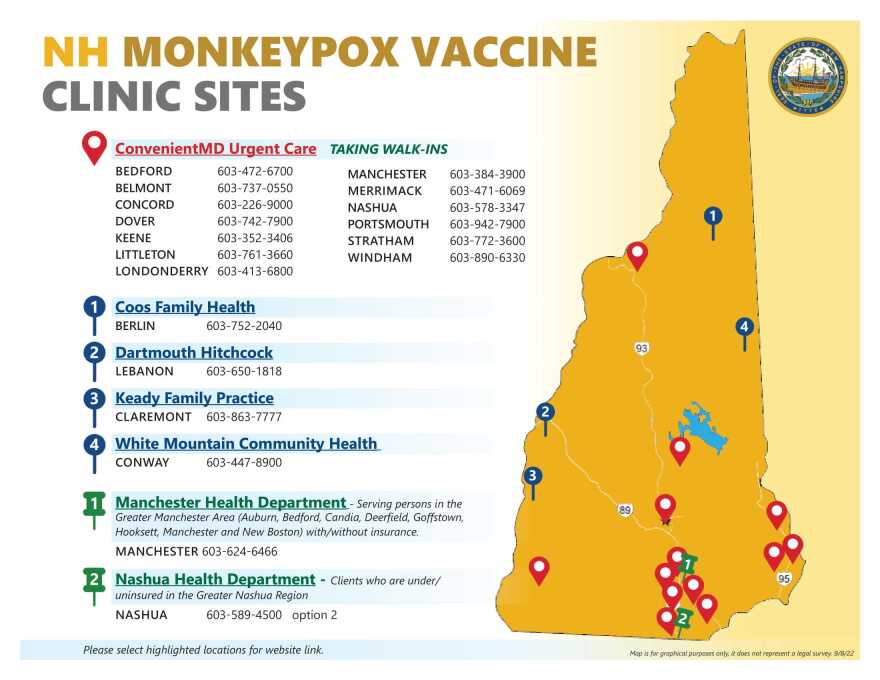Are The Kids Alright? How Children Are Doing As They Emerge From Pandemic
By Karen Dandurant
6/14/21
Read the full article on Fosters Daily Democrat
No one can deny that it has been an unprecedented year for everyone, but maybe one of the hardest hit populations have been our school-aged children.
Kids have spent the past year and a half studying remotely, studying in hybrid models and gradually beginning to return to school full-time, but not as before. Now they are wearing masks in school, having proms on their ball fields and having extremely modified graduation ceremonies. Most of these activities and events were cancelled last school year.
When school begins again in the fall, experts are predicting it will still not be the same as what kids once knew as normal, and it might be a long time before we return to normal, if we ever do.
Nicole Bates, a licensed social worker and behavioral health specialist for Greater Seacoast Community Health, said the return to school has brought back interpersonal conflicts and anxious moments for teens who are now ready for summer.
“They need a break,” said Bates. “This whole pandemic has been so stressful, so full of changes for them,” said Bates. “They need summer They need a break from COVID, which seems to be starting to happen. Some kids struggled with online learning and other thrived. Anxiety has been huge and that goes hand in hand with depression. Some are terrified about going back to school in the fall and what that will look like. They are afraid to get back on the bike, and we all need to get that most are feeling conflicted.”
The mental health of our children is being challenged, and hospitals report seeing greater numbers of kids requiring intervention.
Jodie Lubarsky is the Child Adolescent and Family Services Director at Seacoast Mental Health in Portsmouth. She said they are seeing a wide spectrum of the effects this year has had on children.
“School is so varied for our kids,” she said. “Mine have been back in school since April, when the governor mandated it. Some kids have done all or most of their instructional time at home this year. Everyone is dipping their toes in. Some schools are keeping to cohorts, so if there is a case, it doesn’t impact the whole school.”
The big message everyone wants to see over the summer and fall is a return to normal.
“What is that going to look like?” asked Lubarsky. “Some of us are fully vaccinated, at least 12 and up. But younger kids are not, at least not yet. They still need to wear a mask. But, the Catholic Diocese has already announced that their school kids will not need to wear masks. It’s really confusing for kids, and for parents.”
Lubarsky said this has a large impact on kids’ mental health.
“Everyone is hopeful for the summer,” she said. “But some kids are still leery about the fall, about what the reentry into school is going to look like. The COVID numbers are down and while we want life as we knew it, there are still a lot of unknowns, a lot of unease. Internally this can leave a kid feeling alone and isolated. So we are continuing to see a high volume of youth requiring services.”
Mask mandates are slowly being dropped. The CDC (Centers for Disease Control and Prevention) has said that vaccinated people do not need masks is most situations but suggests non-vaccinated people continue using them when they cannot be effectively socially distanced.
“Everyone will be in different places right now on the masks, including kids,” said Lubarsky. “Some adults, some kids may choose to still wear them and that’s OK. I will if I feel it is appropriate. It might be a health reason for some, or it might be they feel more comfortable. It’s fine and I would hope people will respect their choice. Take care of yourself and let other people do the same.”
Dr. Jennifer Jones of Core Pediatrics and Adolescent Medicine at Exeter Hospital said the end of the school year and the arrival of summer is improving some kids’ outlook.
“As summer approaches and the school year is coming to a close, many children and adolescents are experiencing an improvement in their overall mental health, but some others are continuing to struggle,” said Jones. “Many kids and teens were feeling lonely and isolated over the past year, and that has improved now that kids are back in school and back in sports. Our local COVID-19 infection rate has declined dramatically over the past two months, and many kids are feeling much less anxious about their risk of infection and the risk that they might accidentally infect someone they love who is high risk.”
Jones said now that adolescents over age 12 have had the chance to be vaccinated, she is hearing from patients that they feel much safer and less anxious once they are fully vaccinated.
“The longer days and sunny weather at this time of year also tend to provide a boost to everyone’s mental health, and we certainly have seen that be the case in many adolescents.”
Lubarsky said having kids back in school right now is better for their mental health, for their education and for their socialization needs.
“Kids learn better in an academic setting,” said Lubarsky. “They are healthier when they are around their peers, when there are activities such as sports, clubs, theater, music and the arts. How we do this safely is the remaining question.”
“On the flip side, some kids and teens who struggle with anxiety have found the return to in-person school to be stressful,” said Jones. “Some kids are feeling uneasy now that they are part of larger groups of students in school. Other kids struggled to maintain their previous friendships and social groups during the pandemic and are feeling somewhat awkward and out of place now that they are back in school. Some teens who have been battling significant anxiety or depression are continuing to struggle with their symptoms, and the partial ‘return to normal’ has not really had much of positive impact on them. It is important to note that anxiety and depression are chronic medical problems, and that these conditions will not necessarily improve when the external situation in our community improves. These kids will need ongoing care and support.”
Jones said many kids and adolescents increased their use of electronic devices, smart phones, IPads and video games over the past year, and some experienced shifts to their sleep schedules.
Bates said kids are connected to each other in so many ways.
“Some are comfortable with the technology leading the way,” she said. “They miss their friends in person, but that is starting to come back. Like many of us, some are not feeling comfortable with getting out until they are fully vaccinated themselves and that’s fine. We are all feeling a little weird. I tell them start slow and just keep trying.”
“Some kids struggled with their eating habits and exercise habits and have experienced weight gain or loss of physical fitness,” said Jones. “Some of these changes have the potential to have long-lasting negative impacts on the mental and physical health of our youth. According to the American Academy of Pediatrics, pediatric obesity rates have increased about 2% in this country since the start of the pandemic, with the largest increases occurring in children who are Hispanic and Black, and in those with the lowest household incomes. Pediatric patients with obesity are more likely to experience social stigma, low self-esteem, bullying, and depression, so it is very likely that the increase in obesity rates during the COVID-19 pandemic will contribute to ongoing mental health problems in the future.”
Summer is a hopeful sign and we are so ready for it, Lubarsky said.
“The return of Prescott Park, with their play Charlie Brown, is so encouraging, after it had to be cancelled last season,” said Lubarsky. “It makes us feel hopeful. Everyone’s comfort level with it might be a little different, but it’s still a positive sign.”
“We have learned so much about COVID, and so, we can feel better about our choices,” said Lubarsky. “Most kids have missed their friends. They are happy to be back. Let’s help them do that, and do it as safely as we can. Kids need a community and they have missed it so much. We can start to heal.”
Bates said she reminds her patients that this is a blip in what their whole life will be.
“When they stress over graduation, over proms, and what they will look like, I remind them that it matters in this moment,” she said. “In five years, this will be a fond memory. I tell them they will move past this, and they will move forward.”



